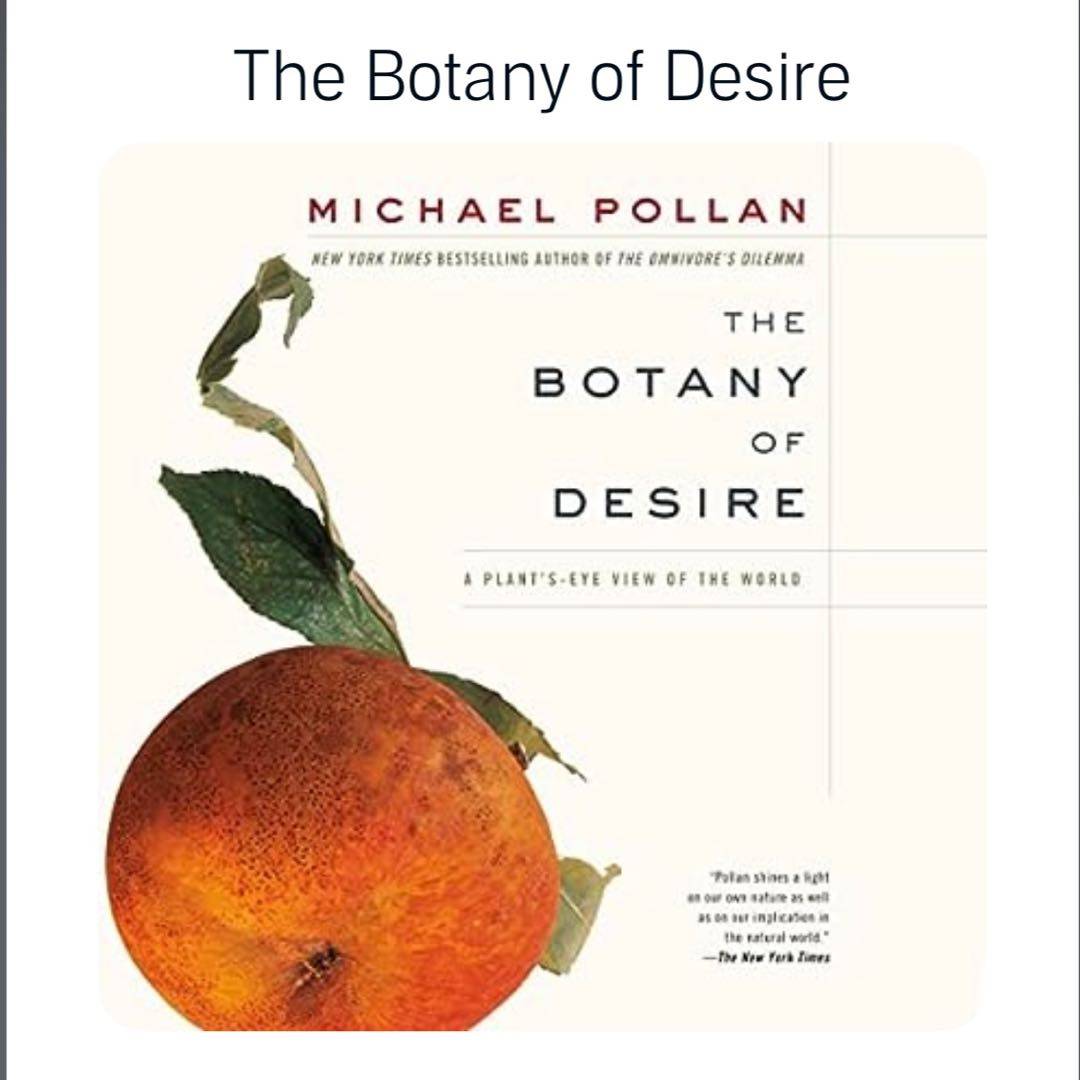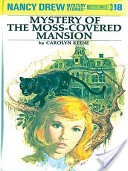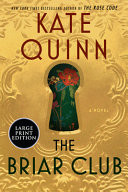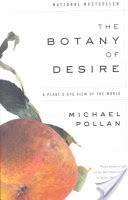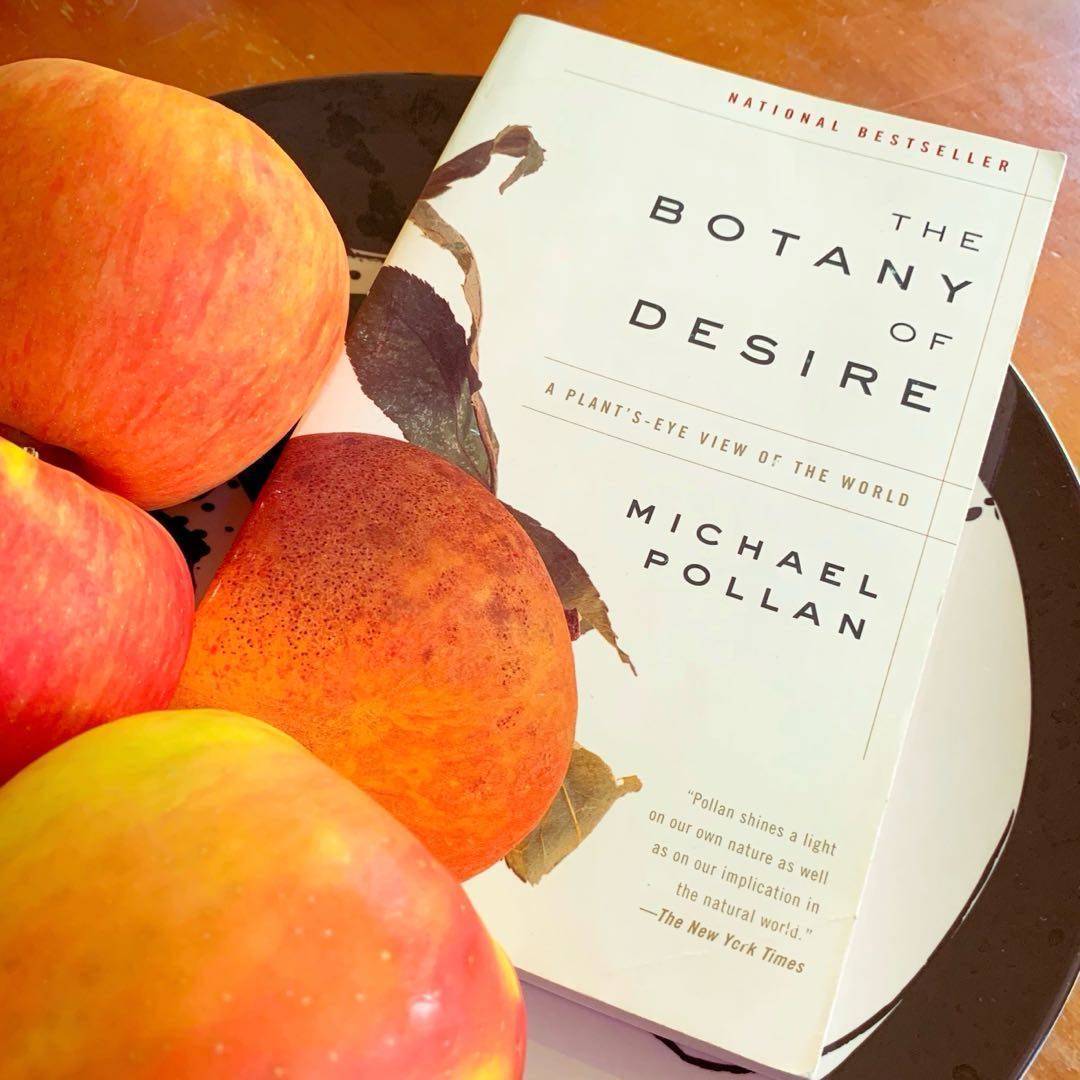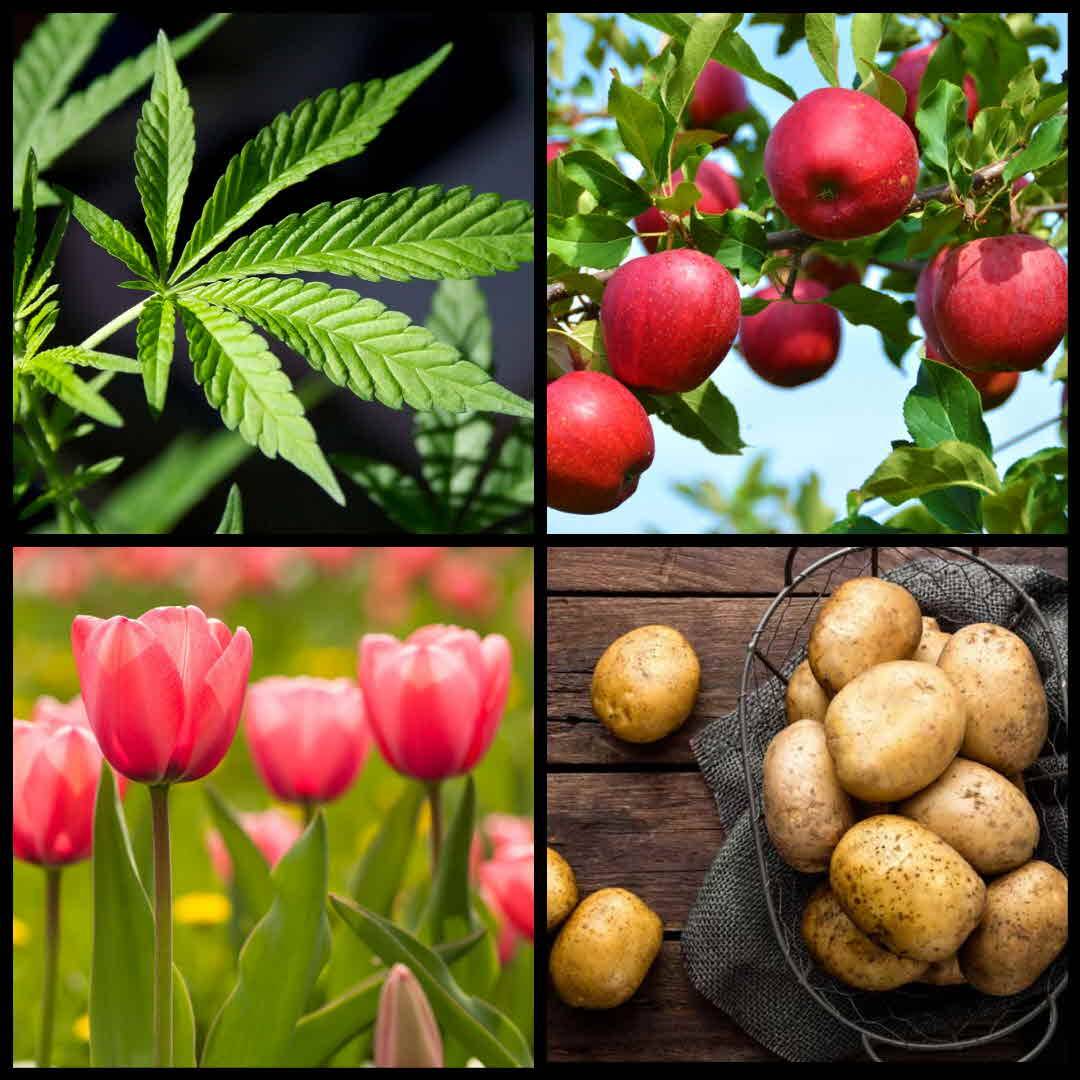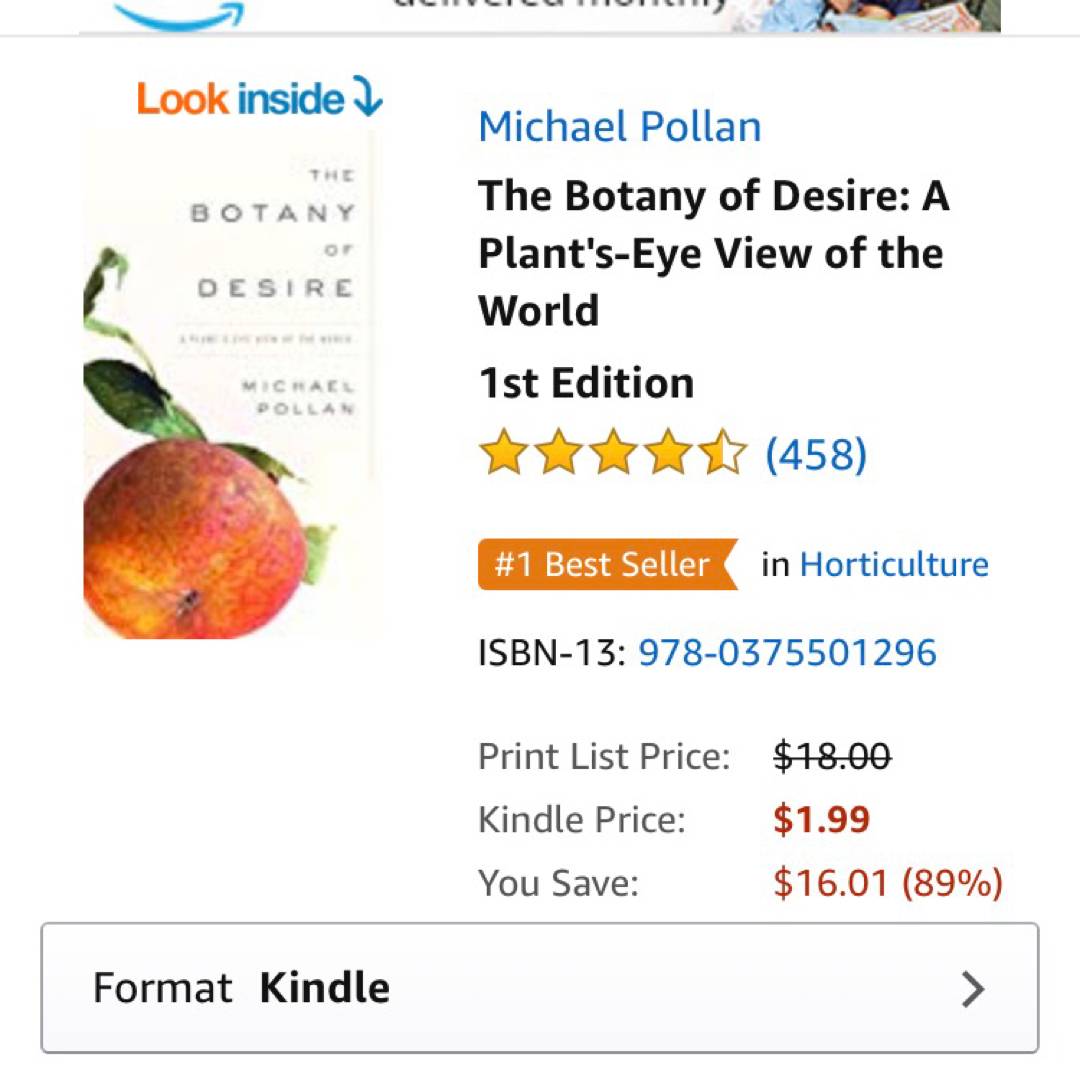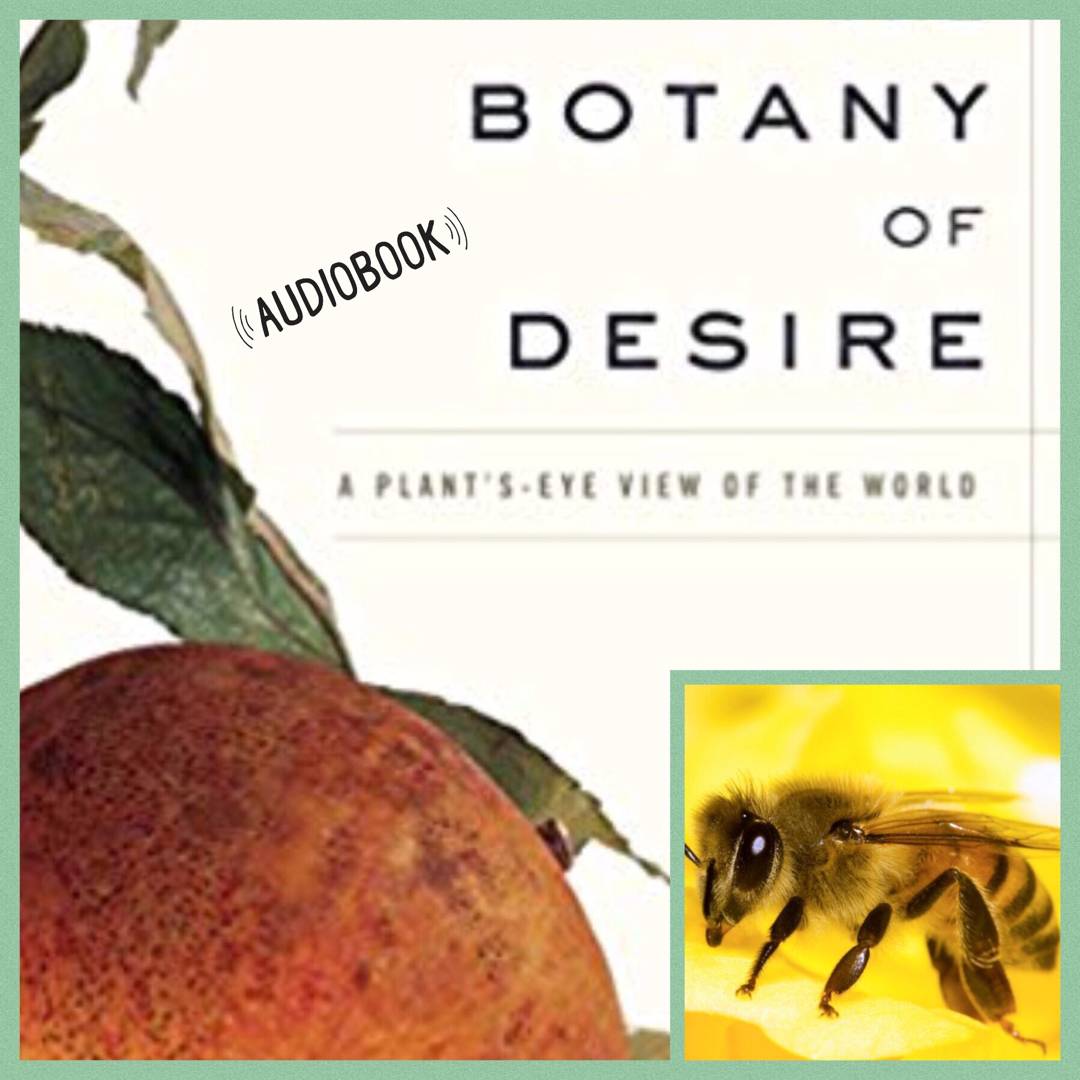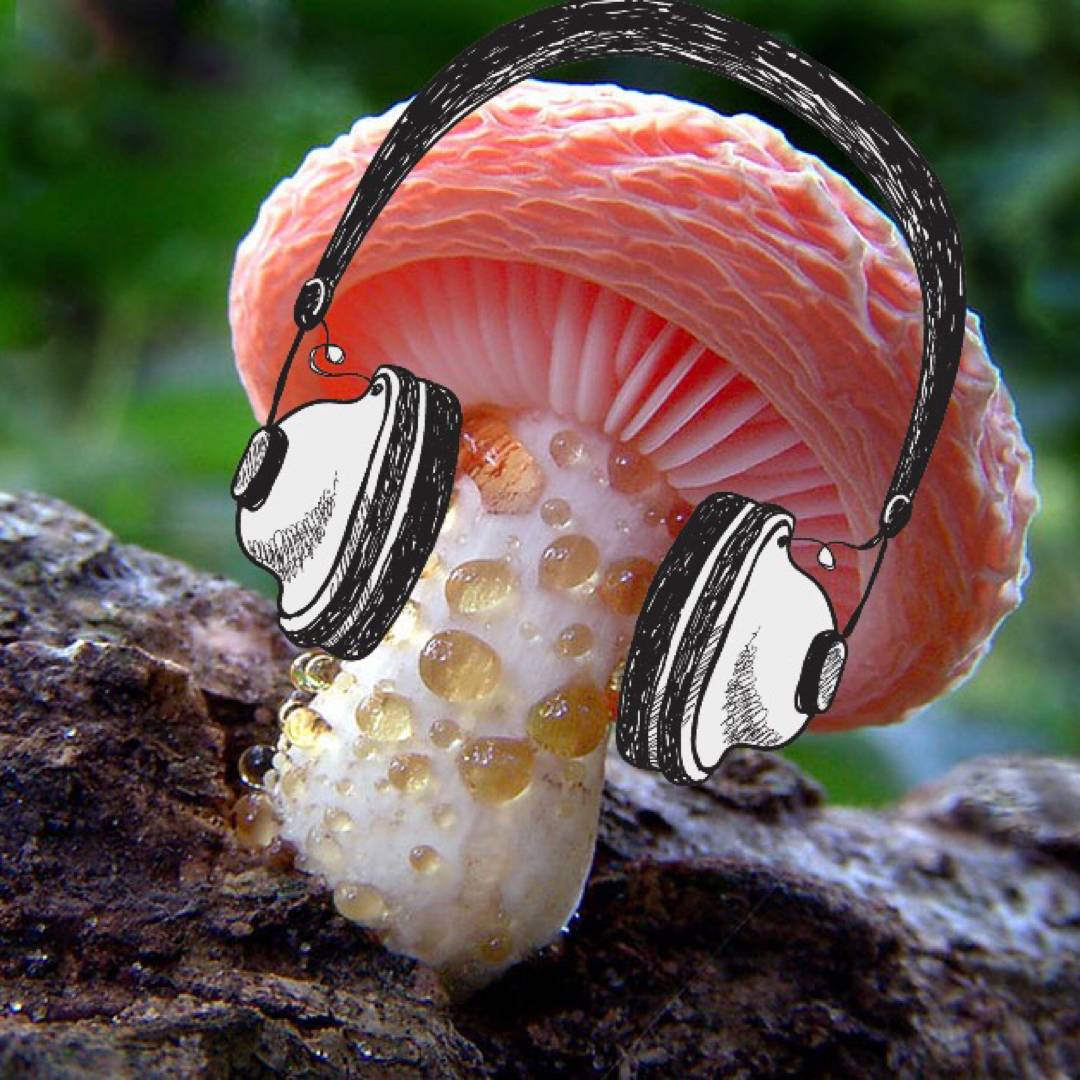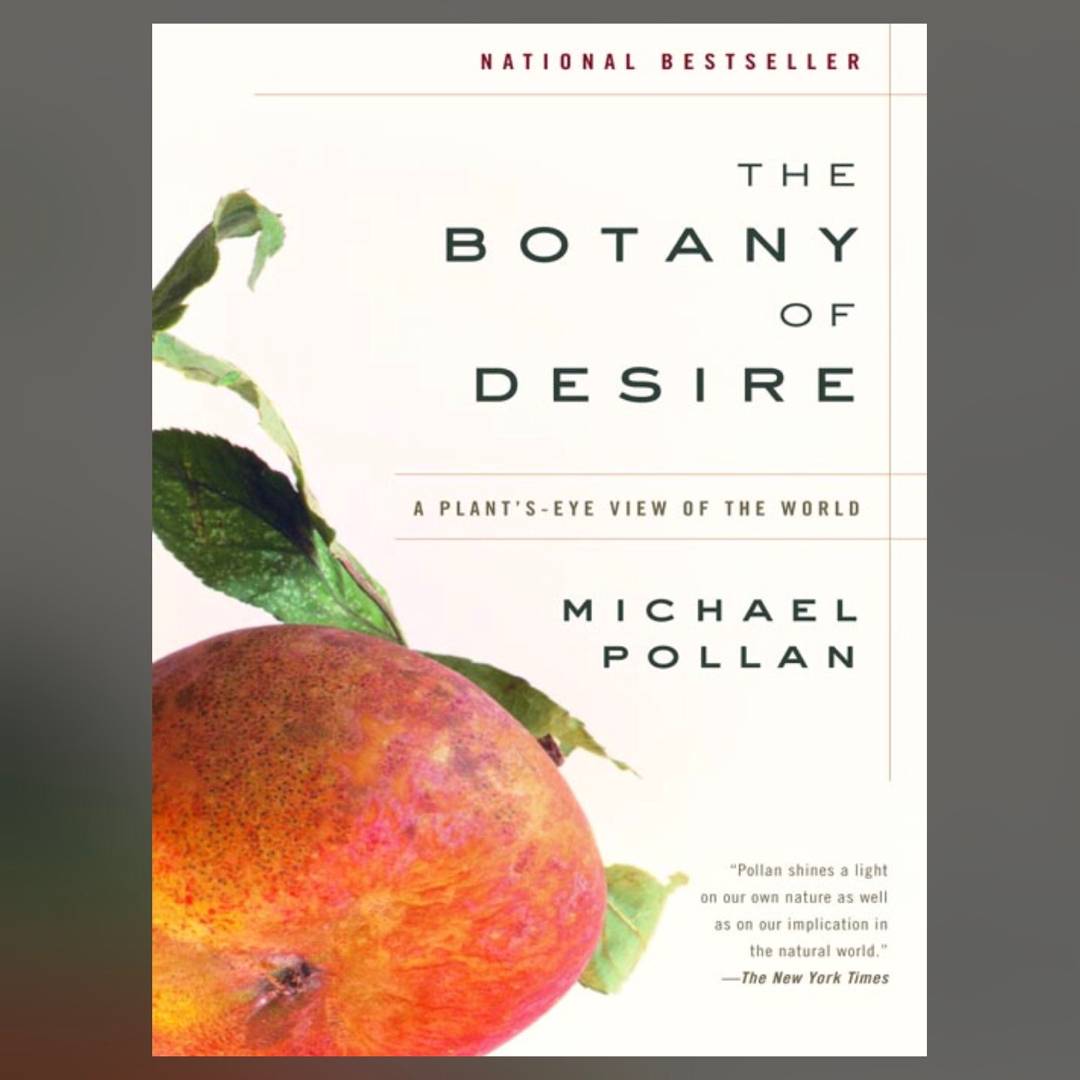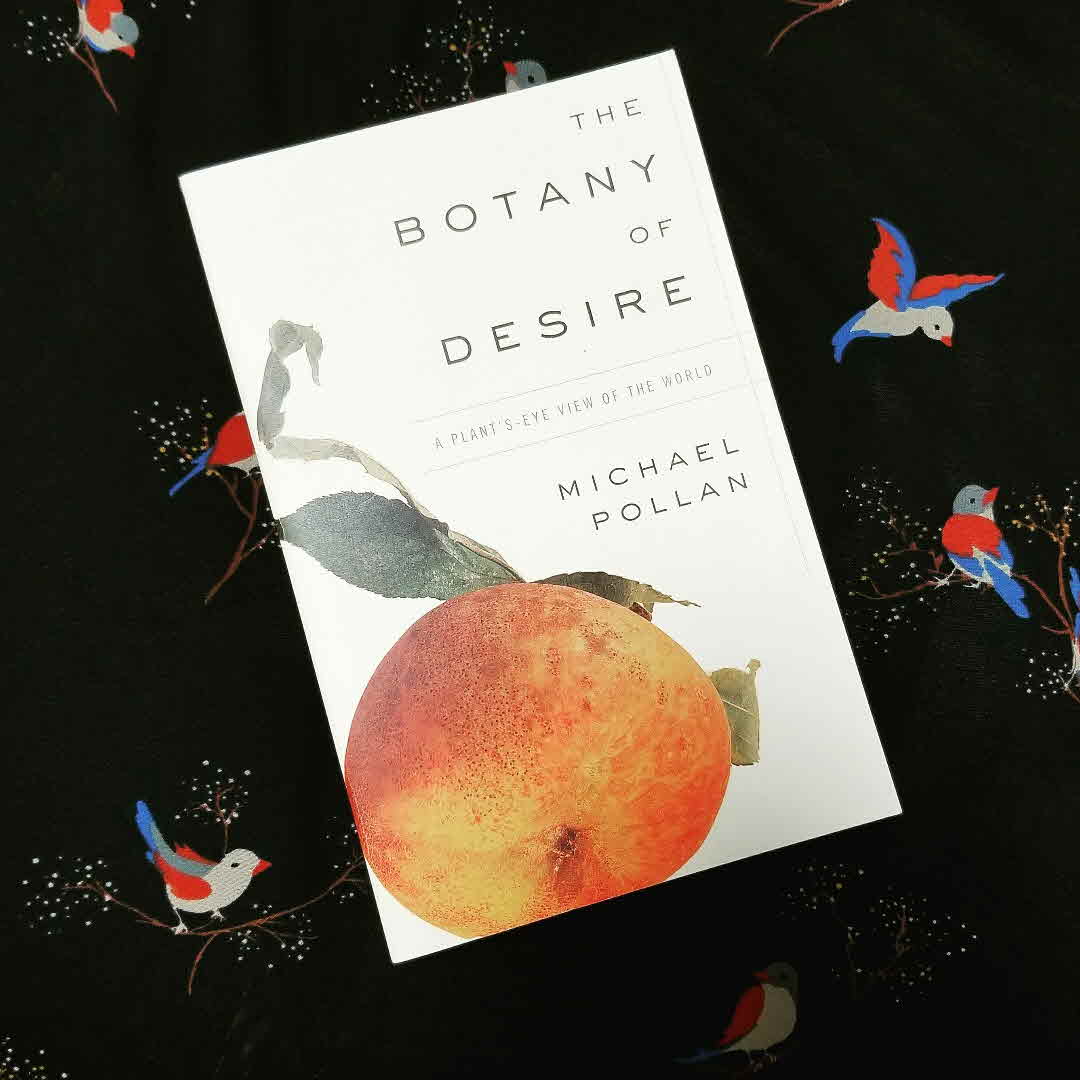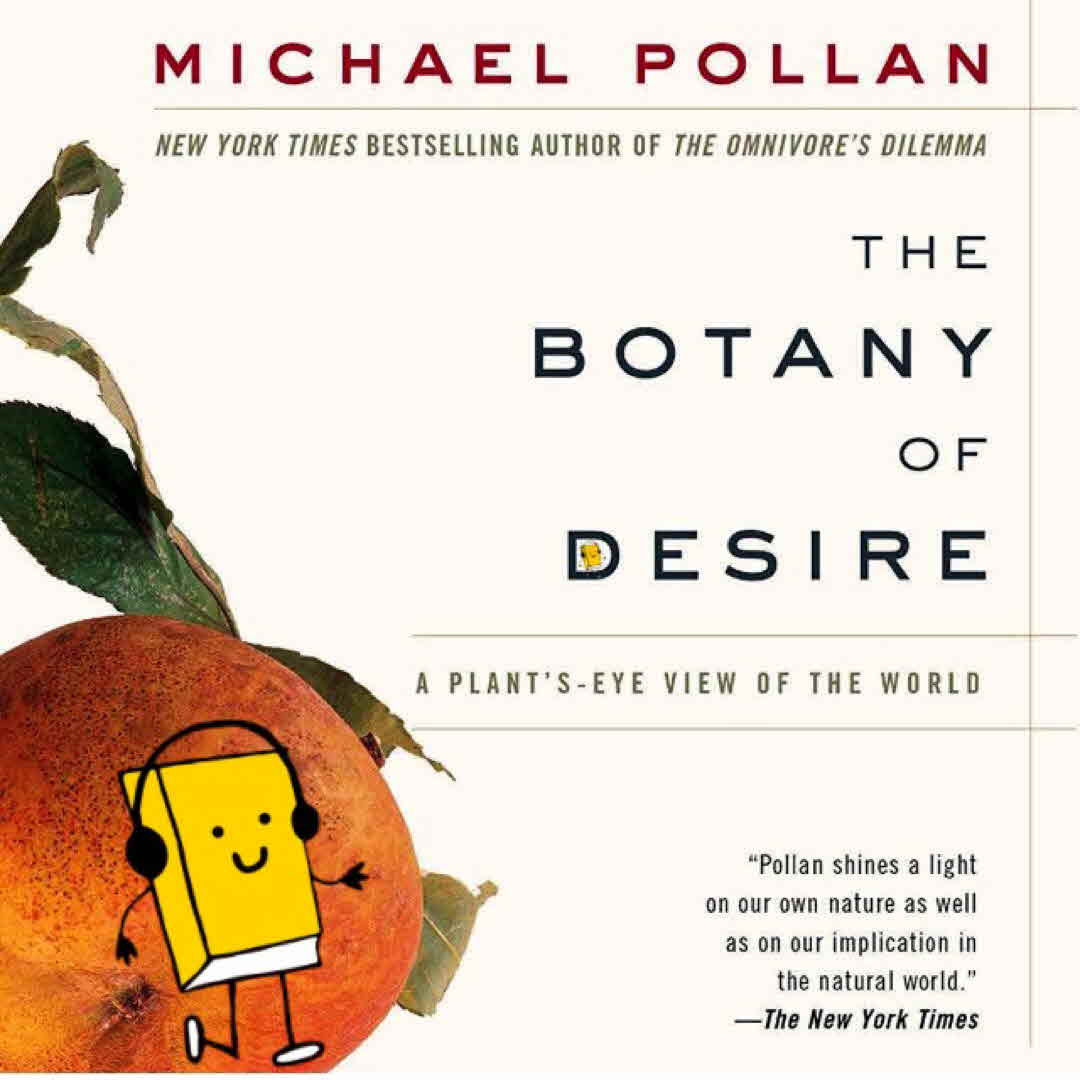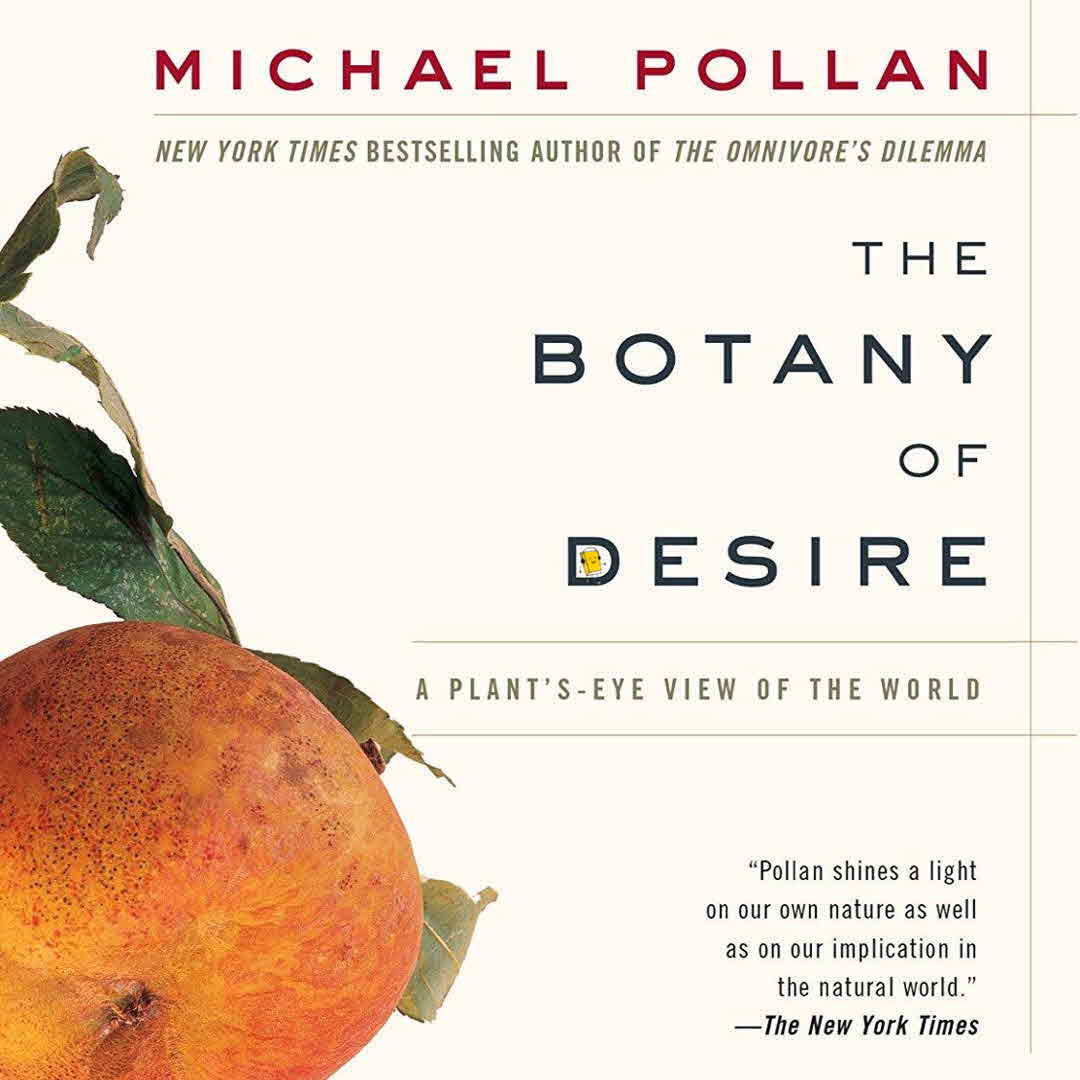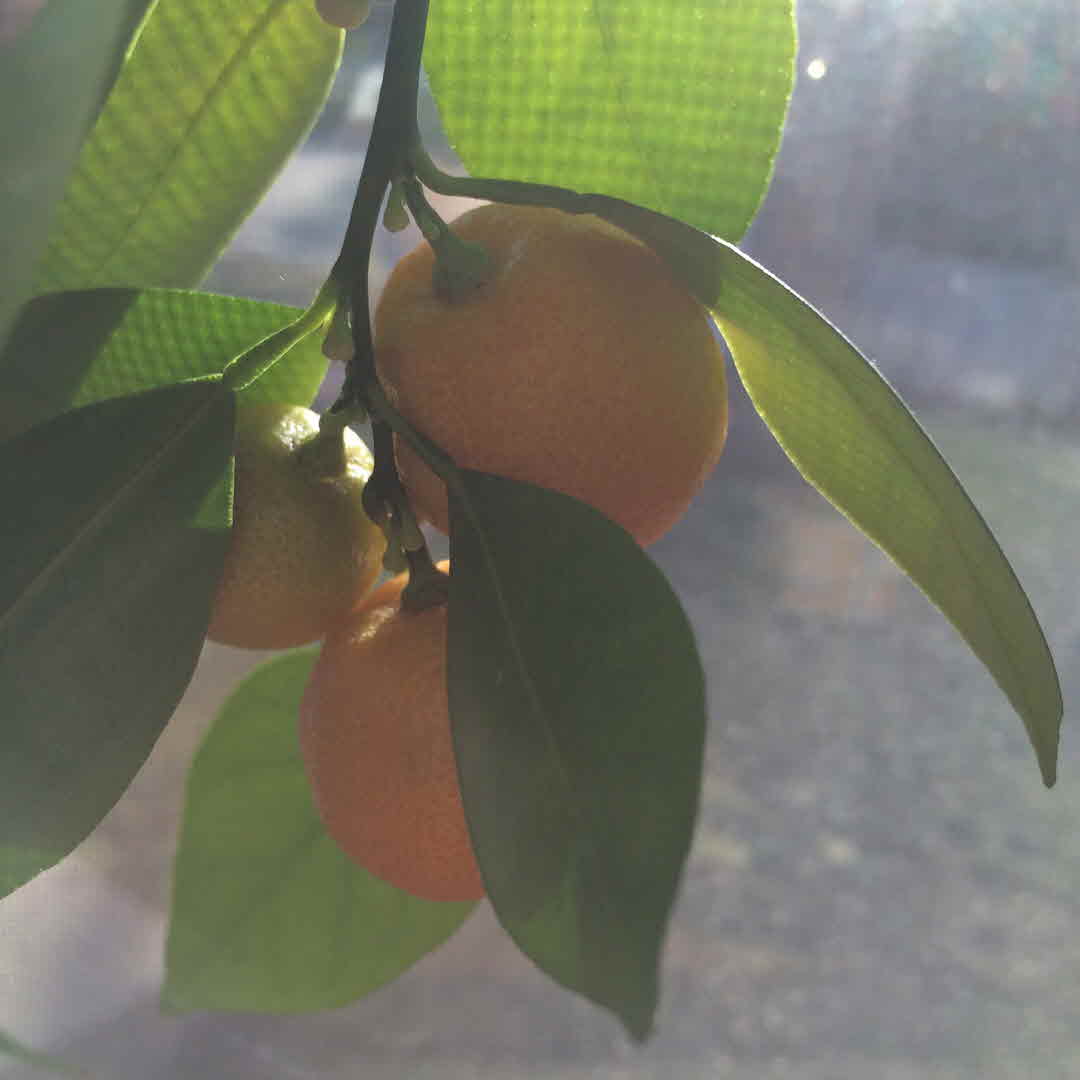The Botany of Desire: A Plant's-eye View of the World | Michael Pollan
An Idaho farmer cultivates Russet Burbank potatoes so that a customer at a McDonald's half a world away can enjoy a long, golden French fry. A gardener plants tulip bulbs in the fall and, come spring, has a riotous patch of color to admire. Two straightforward examples of how humans act on nature to get what we want. Or are they? What if those potatoes and tulips have evolved to gratify certain human desires so that humans will help them multiply? What if, in other words, these plants are using us just as we use them? Every schoolchild learns about the mutually beneficial dance of honeybees and flowers: The bee collects nectar and pollen to make honey and in the process spreads the flowers' genes far and wide. What Michael Pollan ingeniously demonstrates in The Botany of Desire is that people and domesticated plant species have formed a similarly reciprocal relationship, a relationship that is just as common and essential to the way nature works. In this utterly original narrative that blends history, memoir, and the best science writing, Pollan tells the story of four domesticated species-the apple, the tulip, marijuana, and the potato-from the point of view of the plants. All four species are deeply woven into the fabric of our everyday lives, and Pollan illustrates how each has evolved a survival strategy based on satisfying one of humankind's most basic desires. The apple gratifies our taste for sweetness; the tulip attracts us with its beauty; marijuana offers intoxication; and the genetically modified potato gives us a sense of control over nature. And just as we've benefited from these plants, the plants, in the grand coevolutionary scheme that Pollan so brilliantly evokes, have done remarkably well by us. Take the apple, for example. In nineteenth-century America, frontier dwellers far from the trading posts of the East lacked a source of sweetness in their diet-and sugar with which to make alcohol. So when a man named John Chapman (a.k.a. Johnny Appleseed) floated down the Ohio River with bushels of apple seeds in his canoe, the settlers seized on the opportunity to grow the fruit on their new land. The pioneers' desire for sweetness was satisfied-and the apple was given a whole new continent on which to blossom. So who is really domesticating whom? Weaving fascinating anecdote and accessible science in gorgeous prose, Pollan takes the reader on an absorbing journey through the landscape of botany and desire. It is a journey that will change the way we think about our place in nature. In 1637, one Dutchman paid as much for a single tulip bulb as the going price of a town house in Amsterdam. Three & a half centuries later, Amsterdam is once again the mecca for people who care passionately about one particular plant-though this time the obsession revolves around the intoxicating effects of marijuana rather than the visual beauty of the tulip. How could flowers, of all things, become such objects of desire that they drive men to financial ruin? In The Botany of Desire, Michael Pollan argues that the answer lies at the heart of the intimately reciprocal relationship between people & plants. In telling the stories of four familiar plant species that are deeply woven into the fabric of our lives, Pollan illustrates how they evolved to satisfy humankind's most basic yearnings- & by doing so made themselves indispensable. For, just as we've benefited from these plants, the plants, in the grand co-evolutionary scheme that Pollan evokes so brilliantly, have done well by us. The sweetness of apples, for example, induced the early Americans to spread the species, giving the tree a whole new continent in which to blossom. So who is really domesticating whom? Weaving fascinating anecdotes & accessible science into gorgeous prose, Pollan takes us on an absorbing journey that will change the way we think about our place in nature.
